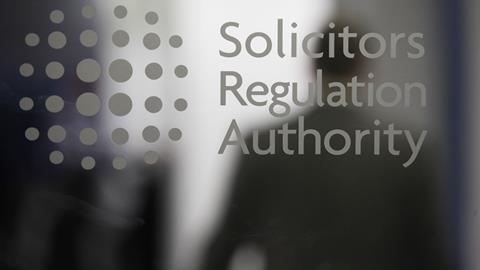The SRA has started new discussions about whether it should publish details of solicitors being investigated – and how long it should keep online details of those guilty of misconduct.
The regulator yesterday opened a consultation on the so-called right to be forgotten, asking whether it should amend the current policy to remove most decisions from its website after three years.
Other questions focus on how much information to provide with decision notices, what circumstances (if any) would prevent publication, and what further details could be published about SRA decisions.
The consultation also asks what details the SRA should publish about ongoing investigations. These are not routinely made public until the Solicitors Disciplinary Tribunal has certified there is a case to answer. This is because it is deemed unfair to the solicitor or firm under investigation to be named when allegations have not yet been fully tested, but there is a suggestion that it might be better to publicise details of investigations earlier to provide greater transparency.
The SRA insists it is approaching the exercise with an open mind and has not reached a view on what changes might be made, but it states that the approach to publishing decisions has been in place since 2007 and it is arguably time for a change.
Anna Bradley, chair of the SRA, said: ‘We are very much open to views on this. It is well over a decade since we established the principles of our current approach. A lot has changed since then, including significant shifts in what people can – and expect – to be able to access online.
‘There is an argument for more transparency, and that could help both the public and employers make informed decisions, while reinforcing the importance of high professional standards.
‘Yet there are key questions around the practicalities of this, particularly given the needs of different audiences.’
The biggest topic of debate is likely to be the three-year limit for removing most decision notices – effectively wiping the disciplinary record clean after this time. Most decisions are taken down three years after the date of publication, except in cases where individuals face ongoing restrictions on their ability to work in the profession.
This would appear to conflict with the SRA’s commitment to transparency and ensuring clients have a full picture about their choice of lawyer, but there remains the argument that individuals should have the chance to move on with their careers without previous misconduct hanging over them indefinitely.
The consultation ends on 2 August.
This article is now closed for comment.




























22 Readers' comments